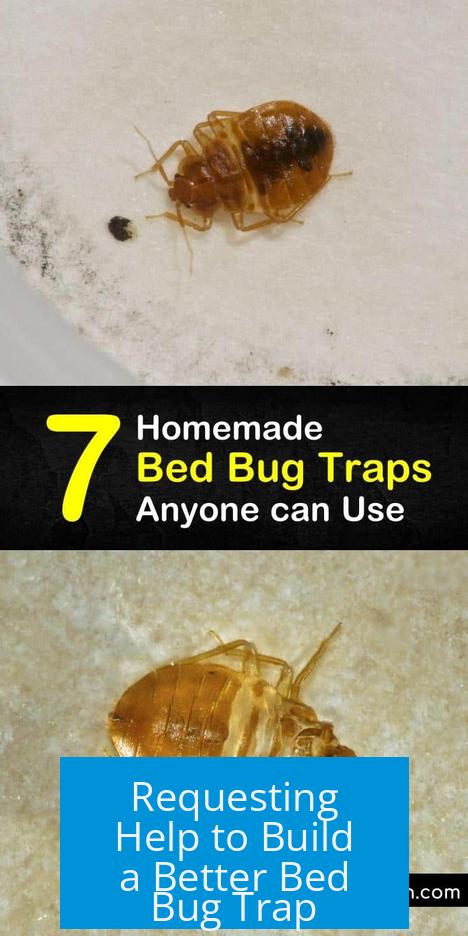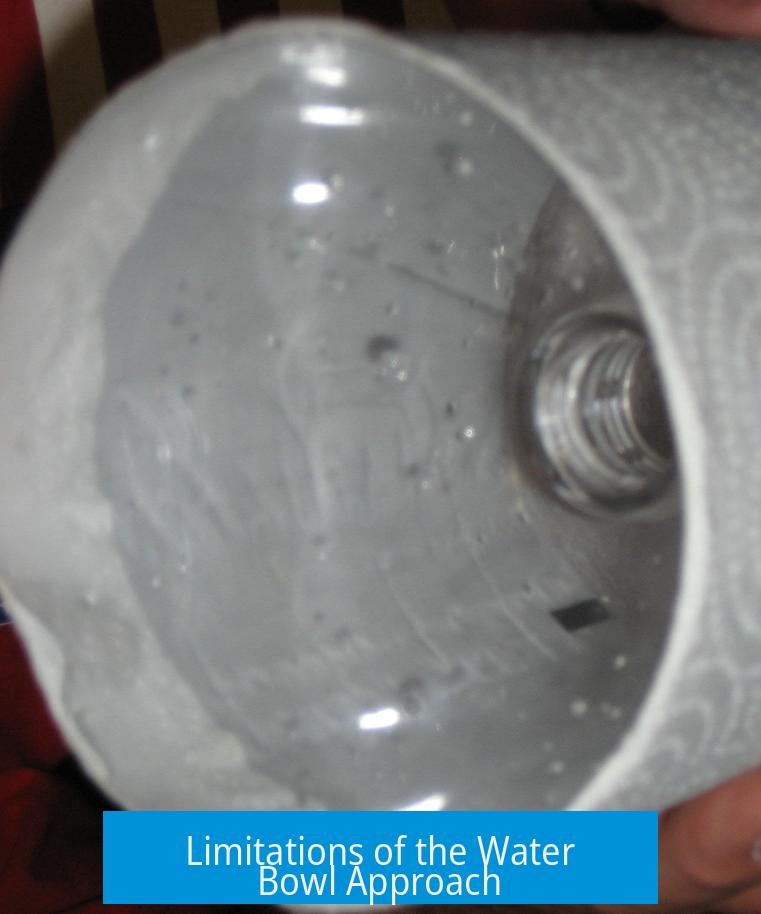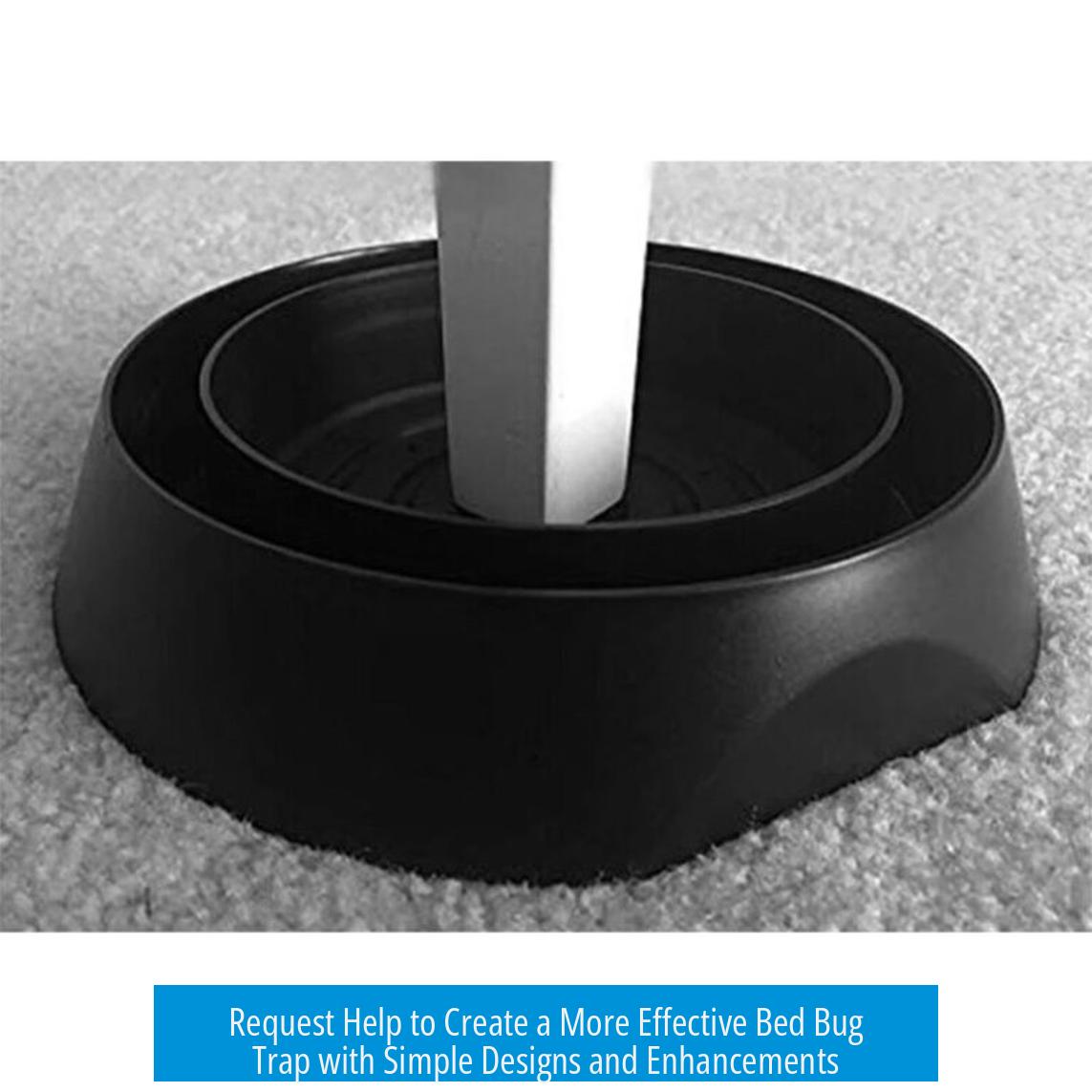Requesting Help to Build a Better Bed Bug Trap

Building a bed bug trap requires more than simple barriers; it demands strategic design to prevent infestations effectively. Current simple traps, such as water bowls placed under bed legs, use a physical barrier preventing bed bugs from climbing onto the bed. However, these methods have limitations, especially in controlling existing infestations.
Simple Water Bowl Trap Design
One common method involves placing plastic bowls filled with water under each bed leg. This creates a moat that bed bugs cannot swim across, isolating the bed from insects crawling up from the floor. For this to be effective, the bed frame, sheets, and covers must not touch the floor or walls, which can create alternate climbing routes.
- Plastic bowls filled with water under bed legs
- Bed legs immersed to prevent crawling pests
- Works by creating a physical water barrier
Limitations of the Water Bowl Approach

This trap does not eliminate bed bugs already present on the bed or in the room. It acts as a preventative barrier only after an infestation is treated by standard methods, such as heat application or pesticides. Therefore, water bowl traps function best to stop reinfestation, rather than to eradicate bugs currently infesting the area.
Enhancing Traps with Diatomaceous Earth
Diatomaceous earth (DE) supplements physical traps by killing bed bugs on contact. It is a powder derived from fossilized aquatic organisms and works by physically damaging the bug’s exoskeleton and absorbing moisture.
| Property | Effect on Bed Bugs |
|---|---|
| Physical abrasion | Cracks bug shells leading to dehydration |
| Desiccant nature | Dries out bugs by absorbing lipids |
| Transferability | Can spread among bugs, increasing kill rate over time |
Sprinkling DE around bed legs, creases in mattresses, and other inaccessible areas can slowly kill bed bugs. While it is not instantaneous, the steady reduction of bugs complements physical traps for better overall control.
Building a More Effective Trap
- Maintain a water barrier around all bed legs, ensuring no part touches the floor or walls.
- Apply diatomaceous earth generously around legs, mattress folds, and bed frame crevices.
- Regularly inspect and replace water to avoid evaporation and contamination.
- Combine physical and chemical barriers with professional heat or pesticide treatments when necessary.
Community support and shared experiences can help improve trap designs. Consistent efforts and incremental improvements are key to managing bed bugs effectively.
Key Takeaways
- Water bowl traps isolate the bed but do not remove existing infestations.
- Diatomaceous earth damages and dries bugs, killing them over time.
- Combining water traps and DE increases long-term effectiveness.
- Prevention requires attention to potential climbing routes like bedsheets touching floors or walls.
- Persistence and integration with conventional treatments improve outcomes.
How does the water bowl trap prevent bed bugs from reaching the bed?
Place a water-filled plastic bowl under each leg of the bed. Bed bugs cannot swim, so the water forms a barrier. Ensure bed parts don’t touch the floor or walls to isolate the bed fully.
Can the water bowl trap eliminate an active bed bug infestation?
No, it only stops bugs from climbing onto the bed after you’ve treated an infestation by other methods such as heat treatment. It’s a preventive measure, not a cure.
What role does diatomaceous earth play in bed bug control?
Sprinkle it around the bed and in mattress creases. It dries out bugs, damages their shells, and blocks their airways. Over time, it kills them gradually and can spread to other bugs.
Is diatomaceous earth effective immediately?
It works slowly. The process takes time but steadily reduces the bug population. Patience is key when using it as part of a control strategy.
How can I seek help effectively when trying to build a better bed bug trap?
Share details of current methods and challenges. Encourage feedback and support. Emotional understanding helps maintain motivation during tough infestation battles.





Leave a Comment